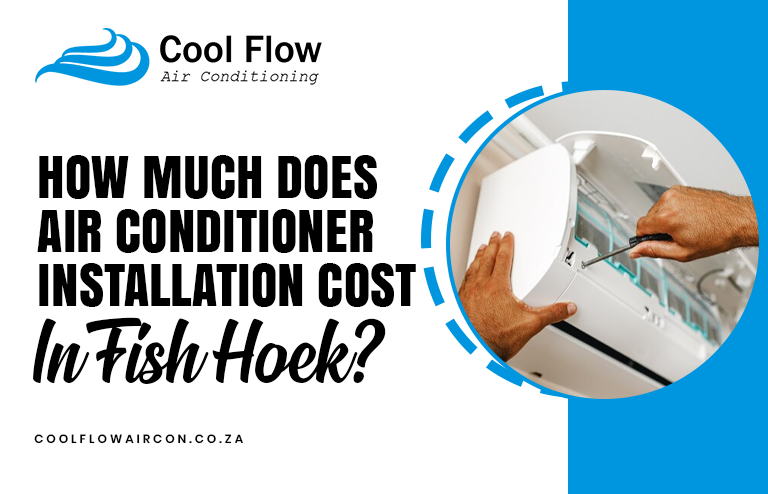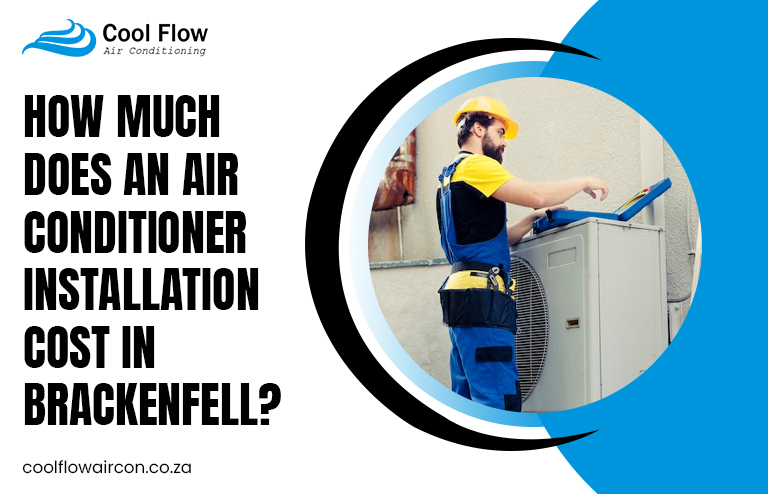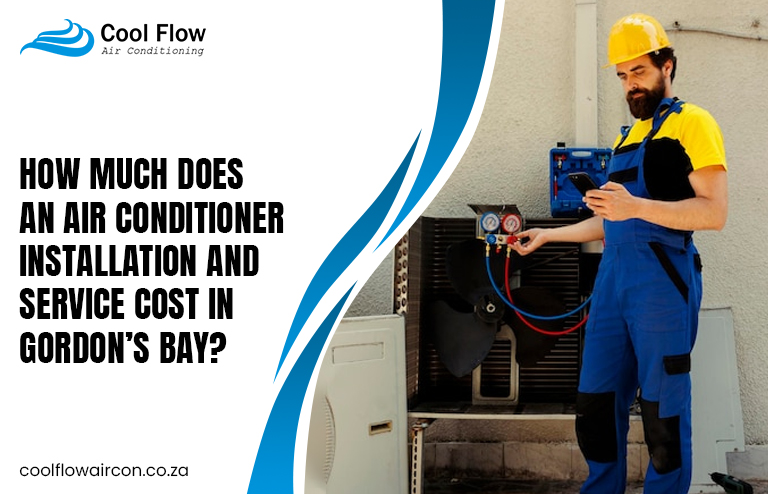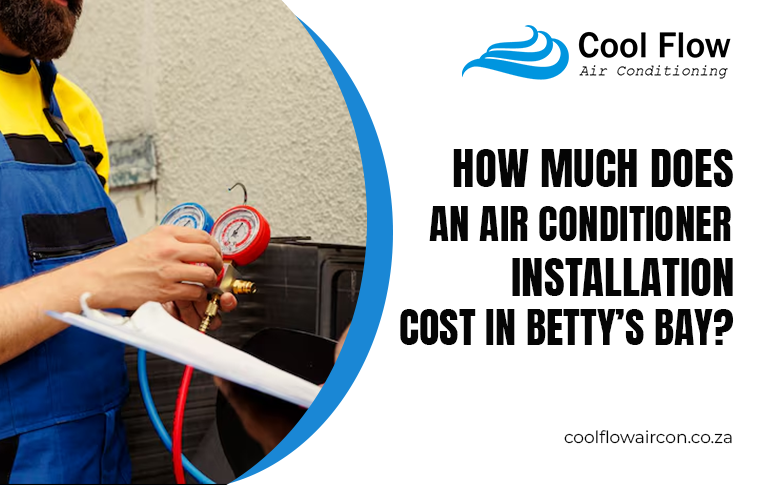Air Conditioner vs Heater: Which Consumes More Electricity?
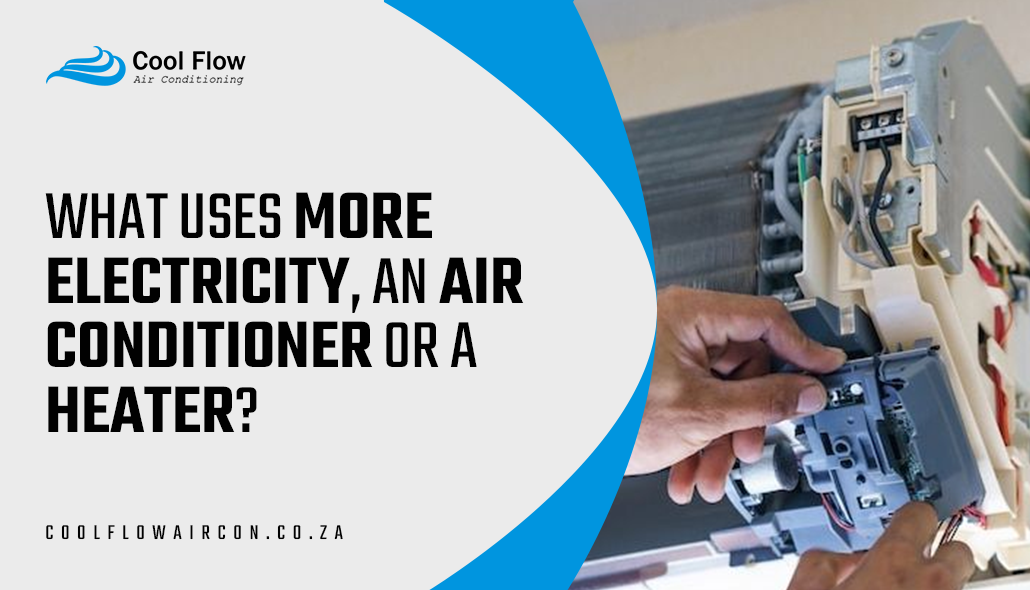
Electricity bills can climb quickly during hot summers or chilly winters. Many people ask a simple question: which uses more power, a heater or an air conditioner? Both keep your home comfortable, but they use electricity very differently.
Understanding the importance of proper air conditioning in Cape Town can save you money on bills.
How Do Air Conditioners Work?
Investing in quality air conditioning in Cape Town ensures your comfort year-round.
Air conditioners cool your home. They pull warm air from inside. Then, they blow it over cold coils. These coils use a special liquid called refrigerant. The refrigerant absorbs heat. After that, the cooled air goes back into your room. This process needs electricity to run the compressor, fans, and other parts.
Proper maintenance of air conditioning in Cape Town can prolong the life of your unit.
Air conditioners work hard in hot weather. Reliable air conditioning in Cape Town keeps homes cool even during peak summer heat. The bigger your room, the more power they need — especially during long summer days. Also, older units might use more electricity. Newer models are often more efficient.
Regular check-ups on your air conditioning in Cape Town can prevent costly repairs.
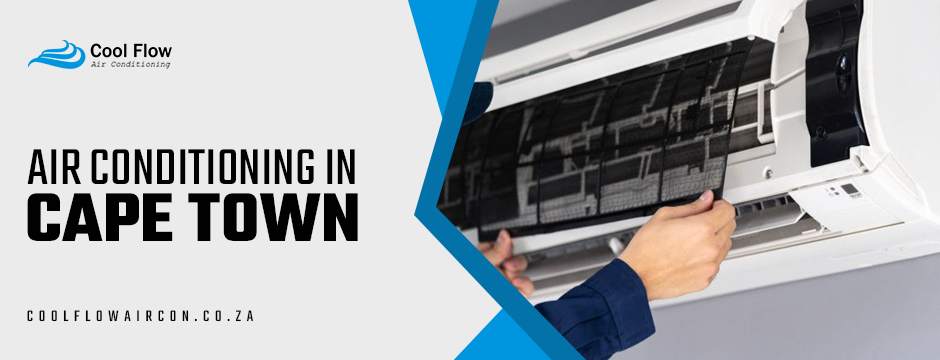
How Do Heaters Work?
Understanding how both systems work, especially air conditioning in Cape Town, can help you use them efficiently.
Heaters warm your home. They come in different types. Some use electric coils that heat up when electricity flows through them. Others might burn gas or oil. For this blog, we’ll focus on electric heaters. These are common in many homes.
Electric heaters turn electricity into heat. A fan or natural airflow spreads the warm air. Like air conditioners, heaters need more power in extreme weather. If it’s freezing outside, your heater works overtime. Bigger spaces also demand more energy.
What Affects Electricity Use?
Several things decide how much electricity an appliance uses. Let’s break them down.
1. Size of the Appliance
Bigger units use more power. A large air conditioner cools a big room faster. But it needs more electricity. The same goes for heaters. A small heater for a tiny room uses less energy than one heating a large hall.
2. Temperature Settings
How cold or hot do you want your room? If you set your air conditioner to a super low temperature, it works harder. Similarly, cranking your heater to maximum heat increases energy use. Moderate settings save electricity.
3. Weather Conditions
Hot summer days make air conditioners run longer. Cold winter nights do the same for heaters. Extreme weather means more energy use for both.
4. Energy Efficiency
Modern appliances are more efficient. They use less electricity for the same job. Look for energy ratings like SEER for air conditioners or AFUE for heaters. Higher ratings mean better efficiency.
The efficiency of air conditioning in Cape Town is crucial for reducing electricity bills.
5. Usage Time
How long do you run your appliance? Leaving it on all day uses more power. Turning it off when not needed saves energy. Timers or smart thermostats can help.
Air Conditioner vs. Heater: The Energy Showdown
When comparing usage, air conditioning in Cape Town often comes into play.
Now, let’s get to the big question. Which uses more electricity? The answer isn’t simple. It depends on several factors. But we can compare them to get a clearer picture.
Understanding the dynamics between heating and air conditioning in Cape Town is essential.
Energy Consumption Basics
Air conditioning in Cape Town and heating systems both use electricity to move heat. Air conditioners move heat out of your home, while heaters create heat using electricity. Creating heat often takes more energy than moving it. This gives heaters a slight edge in using more power.
Energy consumption for air conditioning in Cape Town can vary significantly.
Typical Power Usage
Let’s look at some numbers. A typical home system for air conditioning in Cape Town uses about 1,000 to 5,000 watts per hour. A portable electric heater might use 1,000 to 2,000 watts. Air conditioners seem hungrier at first glance, but heaters often run for longer periods, especially in cold climates.
Knowing the costs associated with air conditioning in Cape Town helps in budgeting.
For example, in winter, you might run a heater for 8 hours a day. That’s 8,000 to 16,000 watt-hours daily. In summer, an air conditioner might run for 6 hours. That’s 6,000 to 30,000 watt-hours. The range varies because of unit size and settings.
Climate Matters
Where you live changes the equation. In hot places, air conditioners work harder and longer. In cold areas, heaters take the lead. If you live somewhere with mild weather, both might use similar amounts of electricity.
In Cape Town, local climate impacts the effectiveness of air conditioning.
Breaking Down the Costs
Electricity costs money. So, let’s talk dollars. The cost depends on your electricity rate. In the U.S., the average is about 13 cents per kilowatt-hour (kWh). Let’s do some quick math.
Calculating costs for air conditioning in Cape Town can help you save.
Air Conditioner Cost Example
Suppose your air conditioner uses 3,000 watts (3 kW). You run it for 5 hours daily. That’s 15 kWh per day.
Heater Cost Example
Now, let’s say your heater uses 1,500 watts (1.5 kW). You run it for 8 hours daily. That’s 12 kWh per day.
In this example, the air conditioner costs more. But if your heater runs longer or uses more power, it could flip. Always check your appliance’s wattage and usage time.
Which Is More Efficient?
Efficiency matters a lot. Newer air conditioners often have high SEER ratings (Seasonal Energy Efficiency Ratio). A SEER of 14 or higher means good efficiency. Heaters use AFUE ratings (Annual Fuel Utilisation Efficiency). An electric heater might have an AFUE of 95% or more.
Consider the efficiency ratings when choosing air conditioning in Cape Town.
However, heaters convert electricity directly into heat. This process is nearly 100% efficient. Air conditioners lose some efficiency when moving heat. So, technically, heaters are more efficient at using electricity. But they still might use more power overall because creating heat takes more energy.
Ultimately, the choice of air conditioning in Cape Town should factor in efficiency and cost.
Tips to Save Electricity
Implementing tips for air conditioning in Cape Town can greatly reduce energy consumption.
Want to cut your bill? Here are some easy tips for both appliances.
For Air Conditioners
- Set a Higher Temperature: Aim for 75-78°F. It’s comfy and saves energy.
- Use Fans: Fans help air circulate. You can set the AC a bit higher.
- Clean Filters: Dirty filters make the unit work harder. Clean them monthly.
- Close Curtains: Block sunlight to keep rooms cooler. Your AC runs less.
For Heaters
- Lower the Thermostat: Set it to 68-70°F. Wear a sweater for extra warmth.
- Insulate Your Home: Seal windows and doors. This keeps heat inside.
- Use a Timer: Turn the heater off when you’re asleep or out.
- Zone Heating: Heat only the rooms you’re using.
Environmental Impact
Choosing sustainable air conditioning in Cape Town can lessen environmental impact.
Electricity use affects the planet. Most electricity comes from burning fossil fuels. This releases carbon dioxide. Using less energy helps the environment. Choosing efficient air conditioning in Cape Town units also reduces your carbon footprint. Consider solar power or green energy plans to lower your impact.
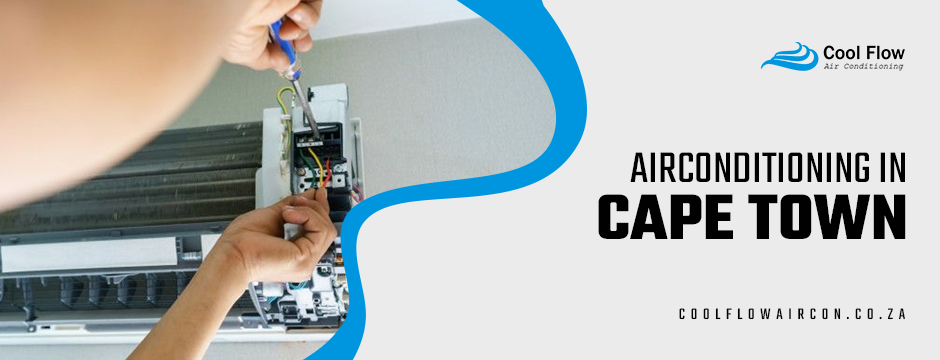
Which Wins the Energy Battle?
So, which uses more electricity? It depends. In general, heaters tend to use more power in cold climates. Air conditioners might use more in hot areas. Both can be energy hogs if misused. Check your appliance’s wattage, usage time, and local weather to help estimate costs.
Ultimately, air conditioning in Cape Town plays a significant role in energy consumption.
For example, a heater running for long hours in winter might beat an air conditioner. But a powerful AC in a hot summer could take the crown. Efficiency and smart usage make a big difference.
Conclusion
Heaters usually use more electricity per hour, but in Cape Town, air conditioning in Cape Town often runs longer. This can make cooling the bigger cost in many homes. The good news is that small changes and proper care make a big difference. Clean filters, the right temperature, and regular maintenance help your system use less energy.

